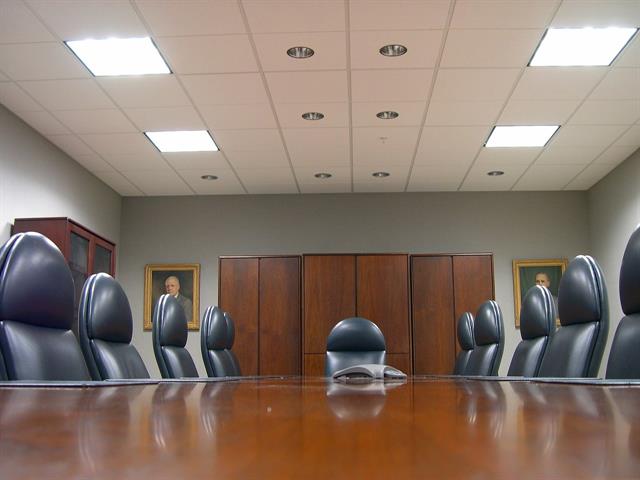 Stuart Taylor |
Stuart Taylor is Managing Director of Mentor FLT Training Limited, the UK's leading provider of training and associated services for all types of materials handling equipment and workplace transport.
With more emphasis on regulation than ever before, new sentencing guidelines and tougher penalties are a very real concern for those overseeing lifting operations.
Fines have increased - in some cases ten-fold - with more clear-cut guidelines allocating fines in line with a company's turnover, actual and potential harm caused, and culpability for the incident.
Start the conversationWith the revised criteria now in place, clearly, managers, supervisors and their employers are vulnerable. Not to mention the significant rise in the number of prosecutions targeting individuals rather than just companies in recent years.
But rather than dwelling on this "perfect storm" of risk and attempting to fight against it, it's important for businesses to invest as much as they can in protecting against it.
A successful safety culture encompasses an entire company's structure but it is essential that there is complete buy-in in the boardroom, where, often, purse strings - particularly in relation to training budgets - are held very tightly.
With so many significant changes afoot, managers have the perfect opportunity to transform boardroom views of operational activities and training: taking it from a purely functional 'out cost' to a sound strategic investment.
Forklift training is about much more than legal compliance: although it might sound a strong statement, this conversation really could save lives, as well as a lot of money.
 A fundamental change is needed in how training is viewed in the boardroom. |
Get the benefits of best practice Contrary to common perception, operating safely does not mean sacrificing productivity. You can be both safe and productive. In fact, they are often the same thing. Study after study proves that the safest workforces are the most efficient ones.
And for good reason. When you allow bad practice to occur, your site's accident risk increases...and when accidents occur, there's always a price to pay. In a worst case scenario, it's an injury to a colleague and there are very few accidents involving forklifts that result in only minor injuries. Not to mention the fines, compensation and sick pay to consider.
Even a seemingly insignificant incident can incur substantial costs. One dropped pallet of coffee, for example, could see as much as £5,000 of stock written off. Then there are the costs associated with closing down aisles and consequential lost productivity, clean-up, restocking, re-siting and recycling.
It all costs time and money ... and that's before you even consider the damage done to the trucks and racking.
Across businesses of all shapes and sizes, damage is viewed as an acceptable norm. The 'it's just a bump' mentality is a costly one to possess. Some British companies accept this so readily that they set aside millions of pounds each year to repair and replace racking alone.
Much of this damage could be avoided simply by ensuring that all of your workforce - from operators and workers on foot to managers and supervisors - are equipped with the skills and the know-how to work safely.
Train to gain Achieving this often requires a fundamental change in how training is viewed in the boardroom. Too frequently, it's perceived as an outgoing cost that simply ensures legal compliance.
However, by adopting a holistic and proactive approach to training, a site's safety and efficiency can be transformed; not only safeguarding your workforce and your bottom-line today, but also serving as a catalyst for future gains.